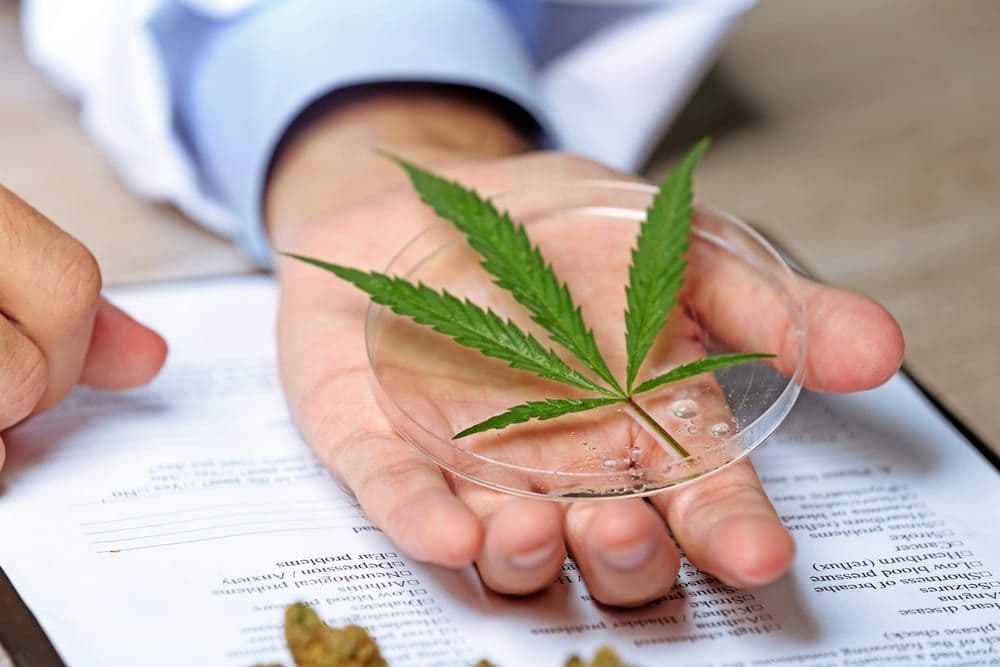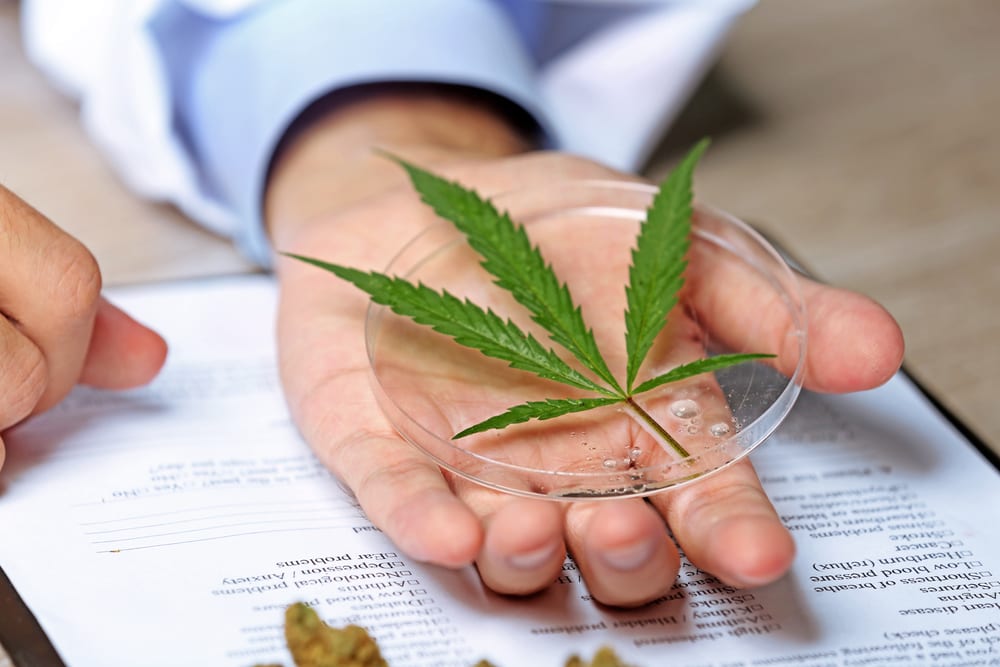
How to Legalize Medical Marijuana in Berkeley
There are many people who are interested in finding out how to legalize medical marijuana in Berkeley. They are also looking for ways to help bring the issue to light. The best way to do this is to write an article and put it out there. It doesn't have to be very long, just a short description of the main points. If you do this, you'll give people a clear idea of why the issue is important and what they should do about it.

Maryland
Marijuana has long been prohibited in California, but it has been legalized in 20 other states. In Maryland, voters approved a ballot measure to legalize medical marijuana in 2014.
Although the law will make adult use of cannabis in the state legal, it will not affect the medical marijuana program. Currently, individuals must be at least 18 years old and have a doctor's recommendation to participate in the program.
Medical marijuana in Maryland is not taxed, though the government does charge for the patient identification card. Patients can purchase marijuana from dispensaries that are licensed by the Maryland Medical Cannabis Commission.
Although the law was approved, the Maryland General Assembly still has to work out recreational regulations. Several legislators are exploring options for effective marijuana regulations.
Oregon
A recent audit of the Oregon regulatory system revealed a weak regulatory system. It found that illegal growers were importing and exporting large amounts of marijuana. The state also had a surplus, which was exacerbated by a limited number of licensed retail stores.
Last week, Oregon lawmakers approved a pair of bills to further regulate the medical and recreational marijuana industries. This is not the first time that a state has legalized the use of marijuana for medical purposes. However, it is the first time that the law has been enacted in a major way.
One bill, SB 5052, would allow adults 21 or older to cultivate up to six plants in their home. But, the legislation has yet to make it through the House of Representatives.
Taxes
The Berkeley Patients Group is a nonprofit organization that provides medical marijuana to patients in the Bay Area. They have operated since 1999. Since then, they have paid hundreds of thousands of dollars in taxes to the city of Berkeley. However, in 2012, they had to relocate because they were financially strained.
The Berkeley Patients Group is in full compliance with the City's medical marijuana ordinance. Their mission is to improve the health of Berkeley residents. In 2009, they donated $18,083 to local charities.
The group was initially illegal. They were forced to move from their Berkeley home in May 2012. Later, the federal government threatened to seize their property. At that point, the group negotiated a tax compromise with the equalization board.
Regulations
The Berkeley City Council has a long history of allowing legalize medical marijuana. This is evident in their new regulations for medical cannabis.
Under the new regulations, medical cannabis dispensaries must provide low-income patients with the same quality of cannabis as the other patients. In addition, dispensaries must donate at least two percent of their annual product value to low-income patients.
These new rules also require dispensaries to hire security guards. However, the dispensary does not have to allow these guards to carry guns.
Moreover, the law does not require employers to accommodate the use of marijuana in the workplace. Employers may drug test applicants for employment. They may also adopt policies that prohibit marijuana.
Despite these rules, the demand for marijuana in Berkeley is still high. A recent report by the MJBiz Diversity, Inclusion, and Equity Report found that eight out of ten Berkeley residents support the legalization of marijuana.
Police department training materials
While the legalization of medical and recreational marijuana is still a work in progress, it is clear that the California state legislature is making an effort to make the cannabis industry more welcoming to consumers. In order to promote this positive change, police departments will need to revamp their training materials. They will also need to incorporate the use of social media and the internet into their strategies.
The good news is that police departments will be able to focus more attention on enforcing existing laws against driving under the influence of other substances. This will make more room for other measures to combat underenforcement and provide better police-community relations. However, as with most other areas of policing, there are numerous factors to consider before enacting a new policy.
Appreciate the creator